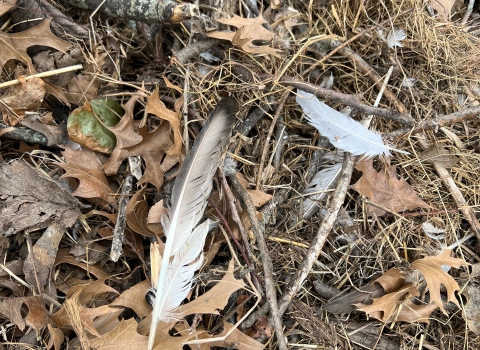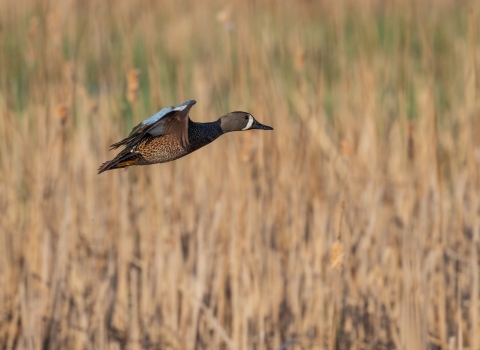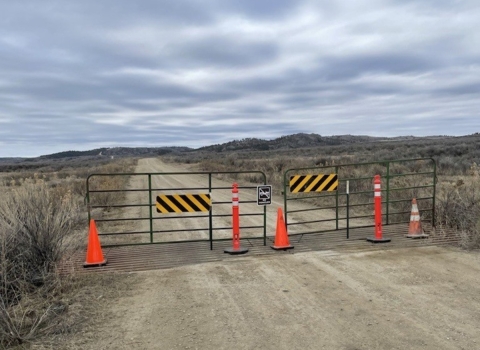The U.S. Fish and Wildlife Service is announcing the opening of a 60-day public comment period regarding an “enhancement of survival” permit application associated with a proposed Candidate Conservation Agreement with Assurances (CCAA) for the monarch butterfly on energy and transportation lands. The proposed agreement would involve transportation and energy partners across the lower 48 states and would address conservation needs of the species on millions of acres of rights-of-way and associated lands.
“This agreement is an unprecedented conservation opportunity,” said Acting Service Midwest Regional Director Charlie Wooley. “More than 30 energy and transmission companies and state departments of transportation are voluntarily committing time and funding to implement monarch-friendly management practices on millions of acres of land. The scale of this proposal makes it the largest of its kind.”
A candidate conservation agreement with assurances (CCAA) is a formal, voluntary agreement between the Service and non-federal landowners to conserve habitat that benefits at-risk species. In return, participating property owners receive assurances that no additional conservation measures will be required if the covered species is listed under the Endangered Species Act (ESA).
The Service provides these assurances through an “enhancement of survival” permit, giving authorization to participating landowners for take that is incidental to activities covered by the CCAA. Take includes harming, harassing or killing a listed species and is prohibited under the ESA unless a permit is issued.
Under the monarch rights-of-way CCAA, more than 30 companies in the energy and transportation sectors would provide habitat for the species on energy and transportation lands nationwide. Participants would carry out measures to reduce or remove threats to the species caused by ongoing maintenance and modernization activities on rights-of-way.
This proposed agreement is a part of an integrated conservation approach that encourages the creation of new monarch habitat, as well as the maintenance of existing habitat across enrolled lands. Participants include companies and state agencies that manage lands used for electric power generation, transmission and distribution; oil and gas transport; solar energy sites; and transportation. In return, the agreement would provide regulatory assurances to participants if the butterfly were to be protected under the ESA.
“This conservation agreement could potentially provide millions of acres of prime habitat for the monarch butterfly,” said Wooley. “It’s one part of an ‘all hands on deck’ approach to conserving this iconic species. If we can find ways to conserve these areas for monarchs, while providing predictability for industry, we all win.”
Monarch butterflies and other pollinators are declining in numbers due to multiple factors, including habitat loss. The Service is assessing the status of this species and will determine whether it warrants a proposed listing under the ESA.
A notice of availability will publish in the Federal Register on April 15, 2019. This will open a 60-day public comment period regarding the “enhancement of survival” permit application associated with this proposed conservation agreement. The permit applicant is the University of Illinois at Chicago. To review the permit application, visit http://www.regulations.gov and enter docket number FWS–R3–ES–2019–0007 in the search window.
You may also submit comments by U.S. mail or hand-delivery to:
Public Comments Processing, Attn: Docket No. FWS–R3–ES–2019–0007
U.S. Fish and Wildlife Service; MS: BPHC
5275 Leesburg Pike
Falls Church, VA 22041-3803
More information regarding the Service’s monarch butterfly conservation efforts can be found here: https://www.fws.gov/savethemonarch/.



